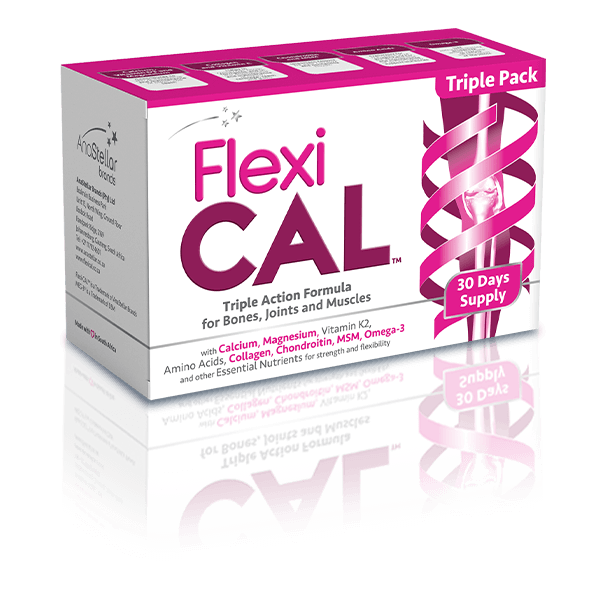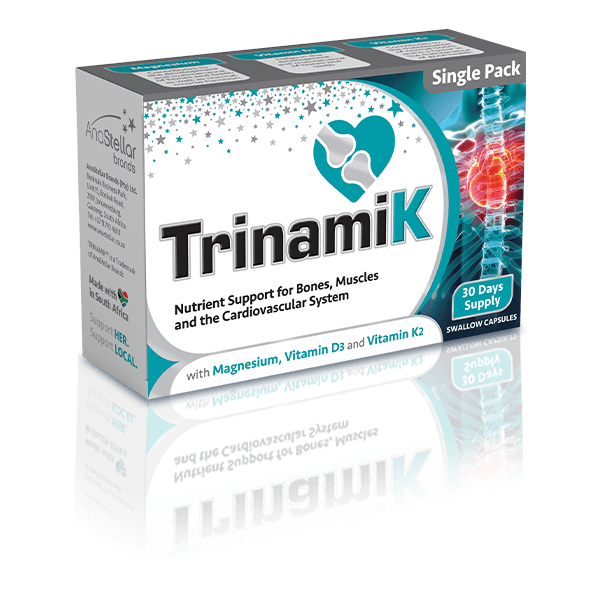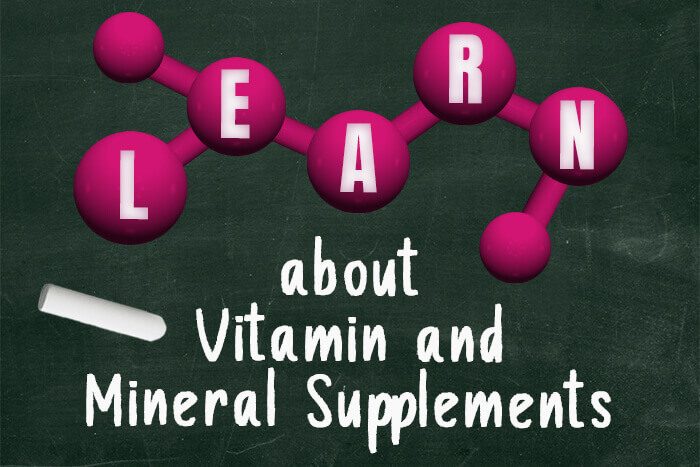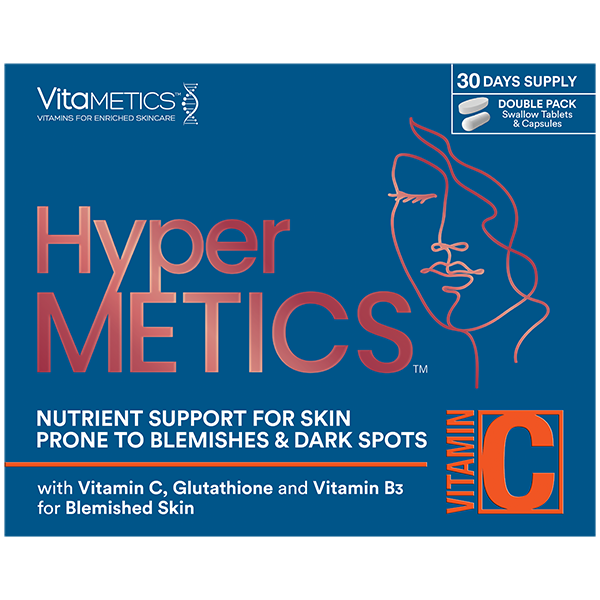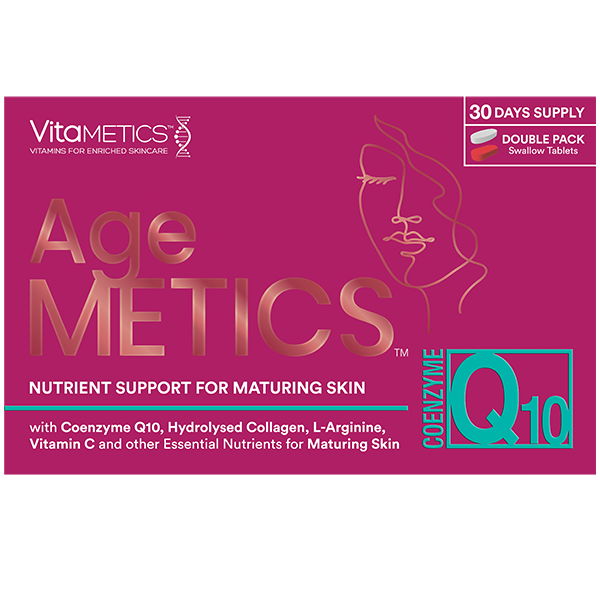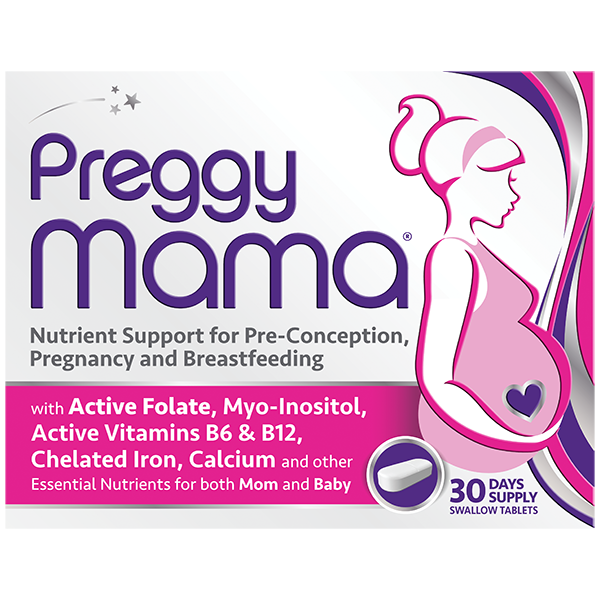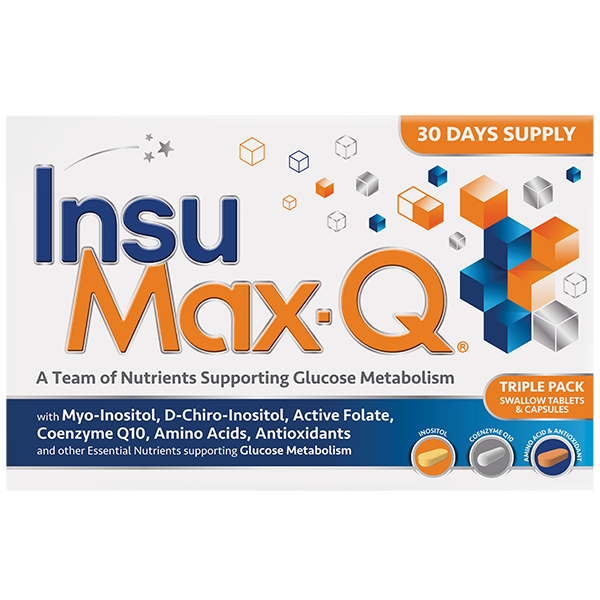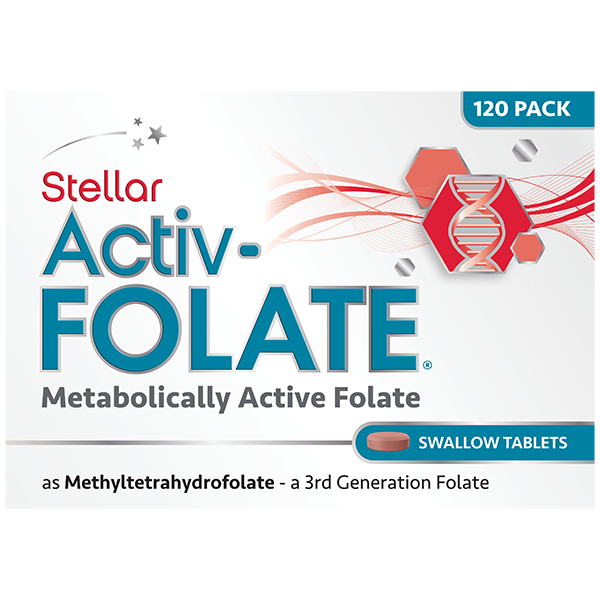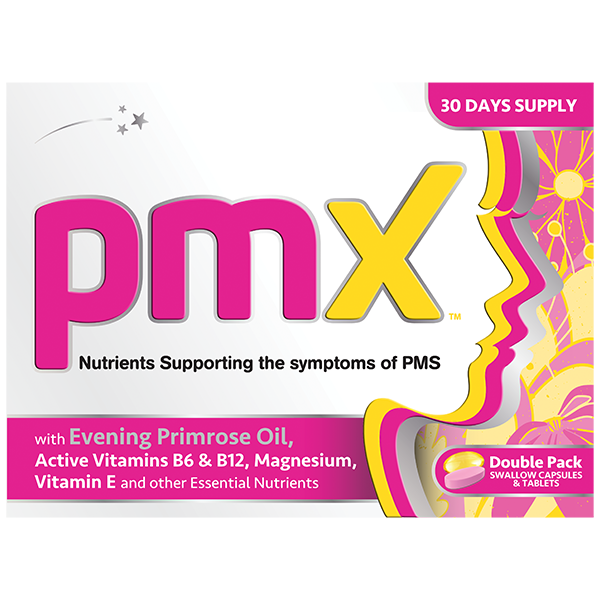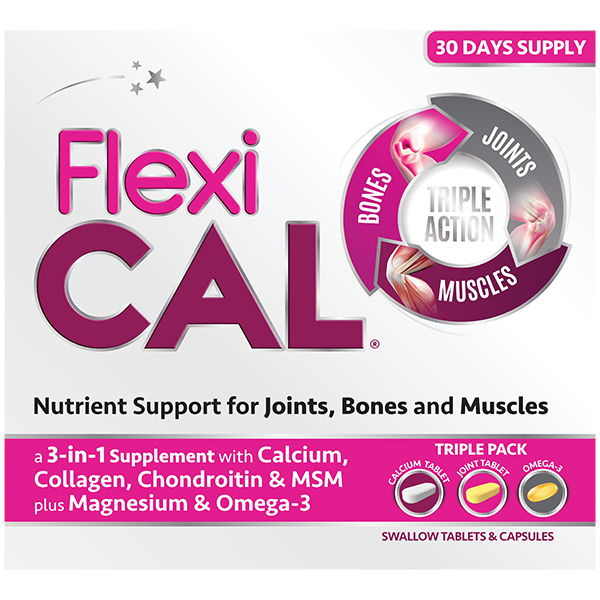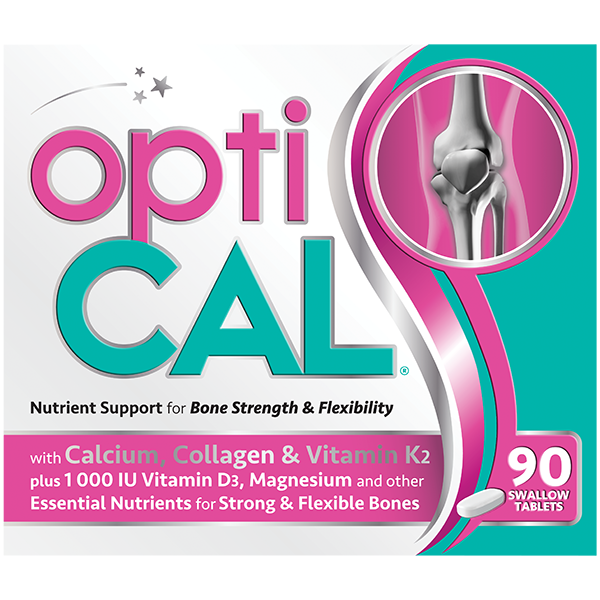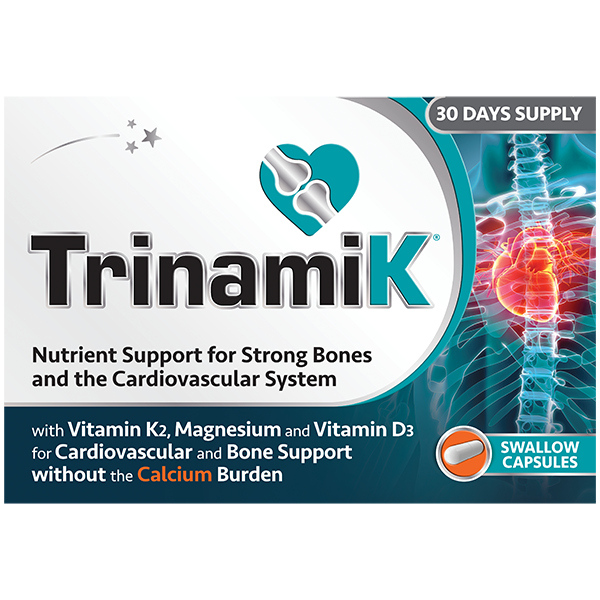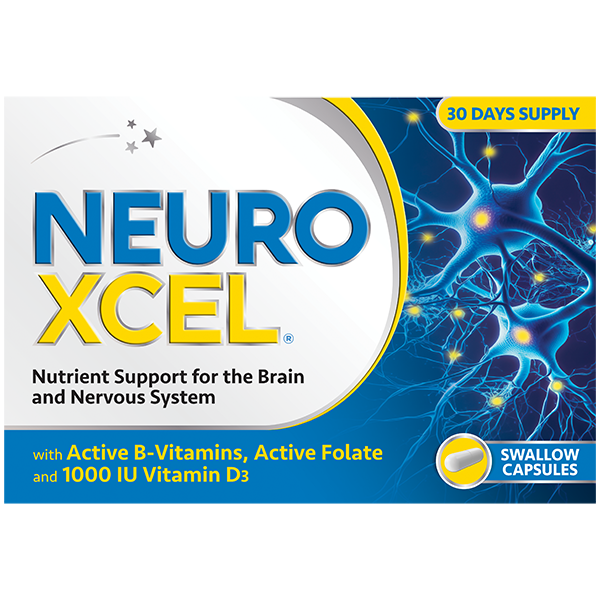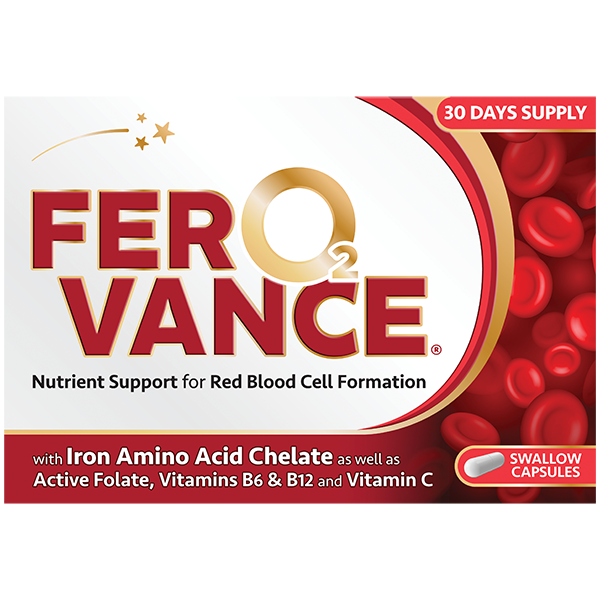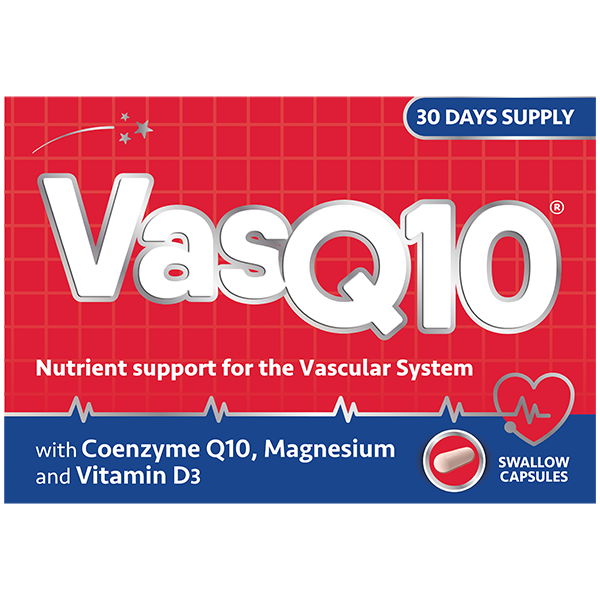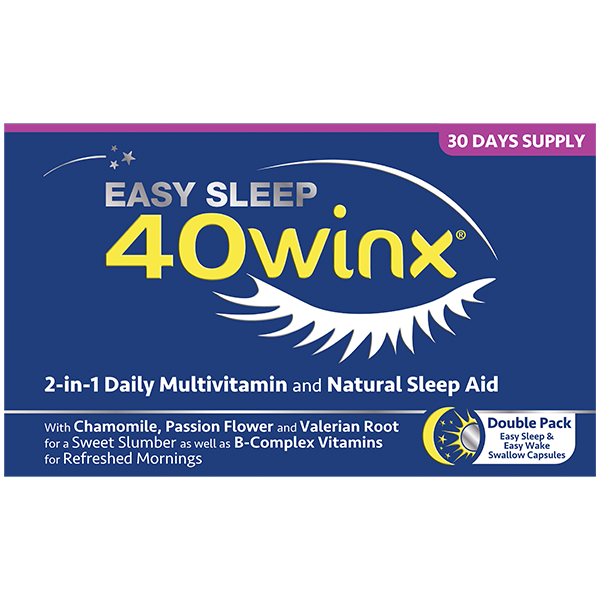FREE SHIPPING FOR ORDERS R500 OR MORE
FREE SHIPPING FOR ORDERS R500 OR MORE
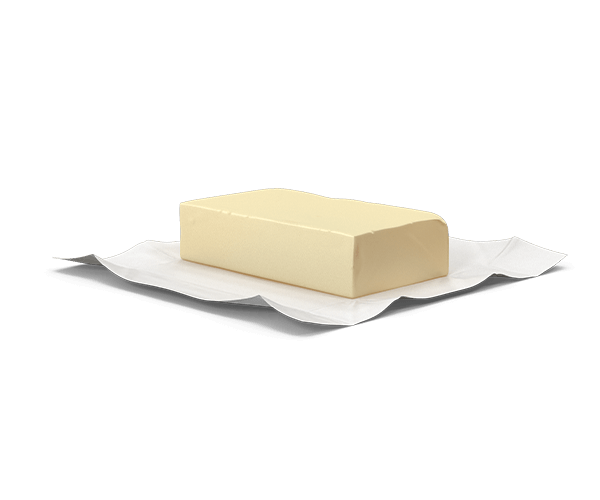
Vitamin K2
What is the correct Vitamin K2 dosage?
Vitamin K is a fat-soluble vitamin that comes in two forms. The main type is Vitamin K1 (Phylloquinone) and is found in green leafy vegetables like collard greens, kale, and spinach. The second type is Vitamin K2 (Menaquinone) and is found in some animal foods and fermented foods. Menaquinones can also be produced by bacteria in the human body. For cardiovascular health an intake of at least 32 µg of Vitamin K2 per day decreases the risk of cardiovascular issues relating to arterial calcification by 50%.
An “adequate intake” (AI) is used when there is not enough evidence to establish a Recommended Dietary Allowance (RDA). The AI amount is estimated to ensure nutritional adequacy. For adults 19 years and older, the AI for vitamin K is 120 µg daily for men and 90 µg for women and for those who are pregnant or lactating.
Opti-CAL contains 45 µg of Vitamin K2.
Flexi-CAL contains 45 µg Vitamin K2.
TrinamiK contains 120 µg of Vitamin K2.
If you are looking for the best Vitamin K2 supplement - you need to look out for the following:
Vitamin K was initially discovered as a nutrient involved in blood clotting. There are two forms namely Vitamin K1 (found in plant foods) and Vitamin K2 (found in animal and fermented foods). Vitamin K1 plays a role in blood clotting while Vitamin K2 activates proteins that play a role in Calcium metabolism, bone health and heart health.
Vitamin K2 regulates calcium deposition, and it promotes the calcification of bones and prevents the calcification of blood vessels and kidneys. Vitamin K2 helps to prevent arterial calcification.
Frequently Asked Questions:
What are the symptoms of vitamin K2 deficiency?
The first signs of a Vitamin K2 deficiency are problems with concentration and lack of motivation. Another symptom of a Vitamin K2 deficiency could be brittle bones (Osteoporosis) because Vitamin K2 is responsible for the maintenance of bone health.
What is vitamin K2 good for?
Vitamin K2 activates proteins that play a role in calcium metabolism, bone health and heart health.
What does vitamin K2 do to your blood?
Vitamin K2 regulates calcium deposition, and it promotes the calcification of bones and prevents the calcification of blood vessels and kidneys. Vitamin K2 helps to prevent arterial calcification.
Should you take K2 with D3?
Vitamin K2 and Vitamin D3 ensure that Calcium is absorbed easily and reaches the bone mass, while preventing arterial calcification. For this reason, it is important to take Vitamin K2 in addition to Vitamin D3.
What diseases are caused by lack of vitamin K?
Vitamin K does not cause diseases but a deficiency in Vitamin K can result in excessive bleeding, easy bruising and heavy menstrual bleeding.


